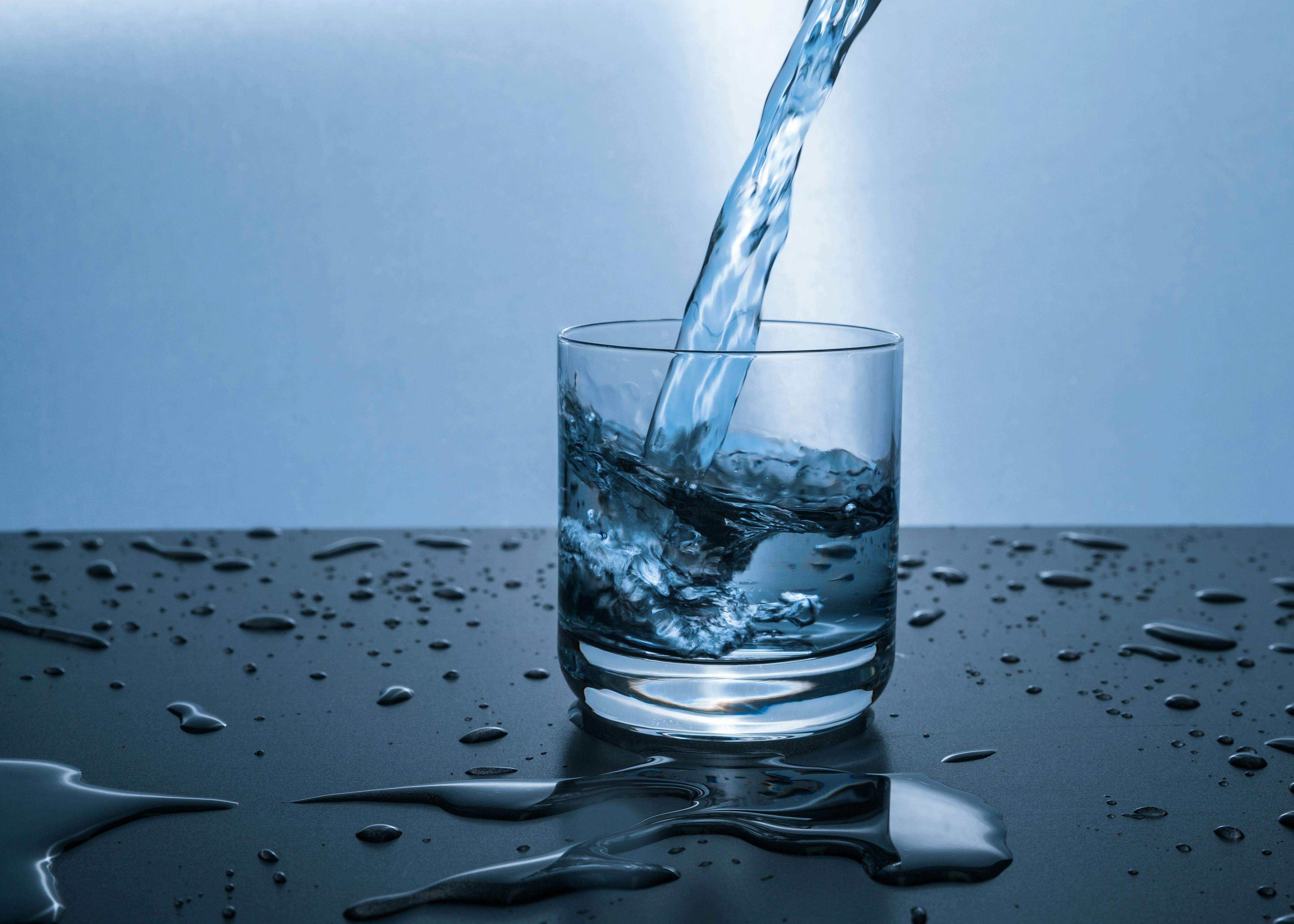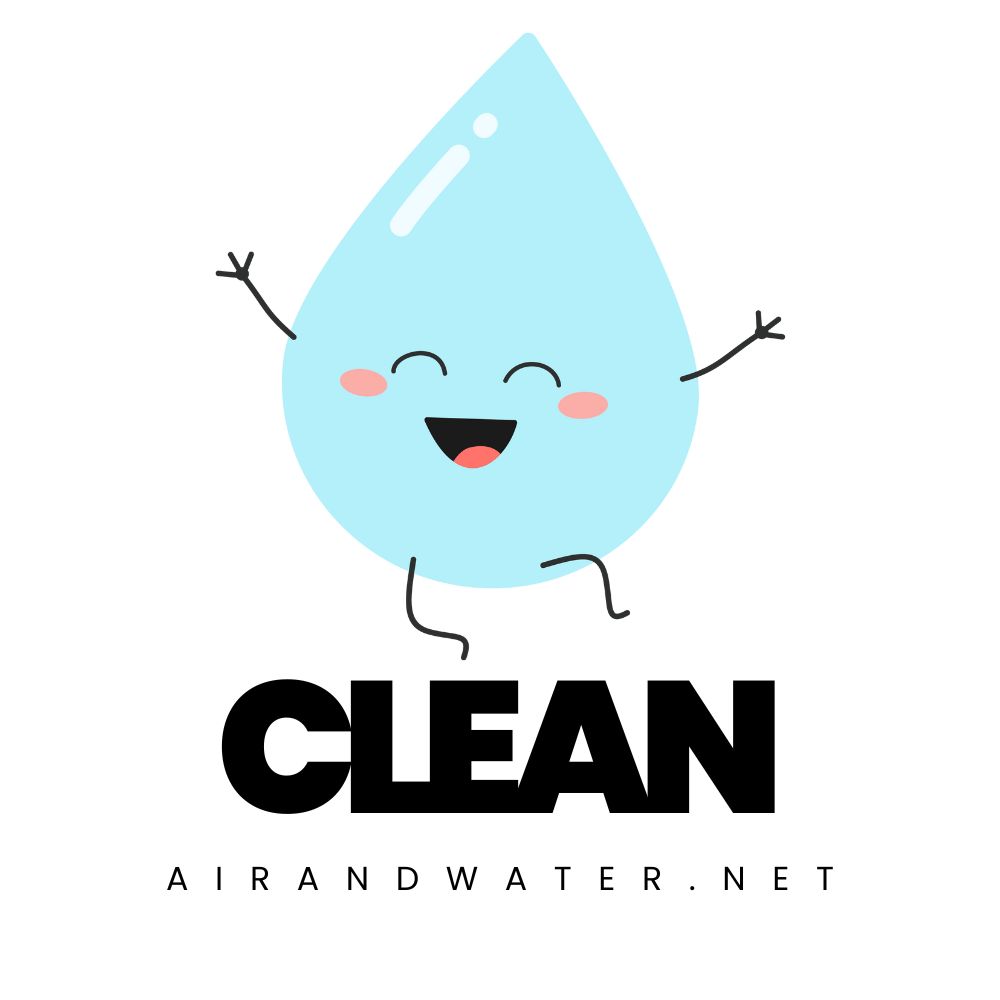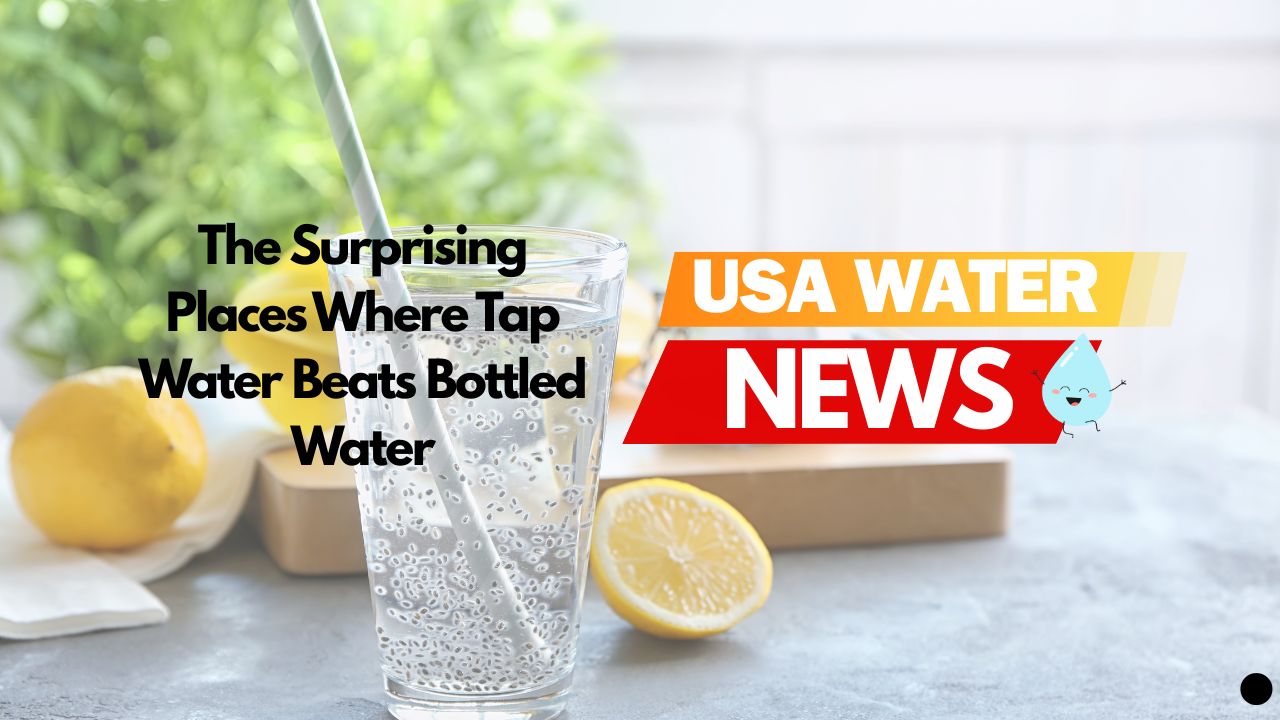New research is turning the bottled water industry’s biggest selling point upside down – and the results might shock you.
Walk into any grocery store and you’ll see walls of bottled water with labels promising “pure,” “natural,” and “clean” water. The message is clear: this expensive water in plastic bottles is somehow better and safer than what comes out of your tap.
But what if that wasn’t always true? What if some of the water you’re paying a dollar or more per bottle for actually has more contaminants than the free water coming out of your kitchen faucet?
That’s exactly what scientists are discovering when they test bottled water side-by-side with tap water from certain cities across America.
The Great Water Test-Off
Environmental Working Group researchers have been comparing bottled water to tap water for years, and their findings are pretty surprising. In some cases, municipal tap water actually contains fewer harmful chemicals than popular bottled water brands.
Dr. David Andrews, a senior scientist with EWG, explains what they’re finding: “We’ve tested bottled waters that contain higher levels of certain contaminants than the tap water in well-managed municipal systems.”
This doesn’t mean all bottled water is worse than all tap water. But it does mean the simple assumption that “bottled equals better” isn’t always right.
Where Tap Water Wins
Some cities have invested so much in their water treatment systems that their tap water is cleaner than many bottled water brands. Here are some examples:
New York City has famously good tap water that comes from protected watersheds in the Catskill Mountains. The city’s water consistently tests better than many bottled waters for things like bacteria, chlorine byproducts, and heavy metals.
Seattle gets its water from the Cedar River and South Fork Tolt River watersheds. The city’s treatment system removes more contaminants than some bottled water companies do.
Boston has upgraded its water treatment facilities significantly over the past decade. Their tap water now often tests cleaner than bottled water for several types of chemicals.
San Francisco draws water from Hetch Hetchy Reservoir in Yosemite National Park. The combination of clean source water and modern treatment makes their tap water rival expensive bottled brands.
The Bottled Water Reality Check
Here’s something the bottled water industry doesn’t advertise: they don’t have to follow the same strict testing rules that cities do.
Municipal water systems have to test their water constantly and report the results to the public every year. If something goes wrong, they have to tell everyone immediately and fix it fast.
Bottled water companies? They test their products less frequently, and they don’t have to tell you the results unless something goes really wrong.
Plus, about 25% of bottled water actually comes from municipal sources anyway. That means you might be paying $1.50 for water that originally came out of someone else’s tap – just filtered again and put in a plastic bottle.
The Plastic Problem Nobody Talks About
Here’s where things get really interesting. Remember those studies about microplastics that we’ve been hearing about? Well, it turns out that bottled water often contains more tiny plastic particles than tap water.
A recent study by researchers at Columbia University found thousands of plastic particles in popular bottled water brands. These nanoplastics are so small they can get into your body’s cells.
Meanwhile, tap water – which travels through mostly metal or concrete pipes – typically has far fewer plastic particles.
So while you’re trying to avoid chemicals by buying bottled water, you might actually be getting more plastic contamination than if you just drank from the tap.
The Money Math
Let’s talk about what this costs. The average American family spends about $600 per year on bottled water. For that same $600, you could:
- Install a really good water filter system for your whole house
- Get your tap water professionally tested multiple times
- Buy a top-of-the-line countertop filter that removes more contaminants than most bottled water companies do
If your local tap water is already pretty clean (which it is in many places), you could be saving hundreds of dollars every year while actually getting cleaner water.
When Bottled Water Makes Sense
This doesn’t mean bottled water is always bad or unnecessary. There are definitely times when it makes sense:
Emergency situations when your local water system is damaged or contaminated Travel to places where you don’t know about the local water quality Areas with known water problems that haven’t been fixed yet Convenience when you’re out and about and need something to drink
The key is understanding that bottled water isn’t automatically better just because it costs more and comes in a plastic container.
How to Know What You’re Really Getting
If you want to know whether your tap water or bottled water is actually cleaner, here’s what you can do:
For your tap water:
- Look up your city’s annual water quality report online
- Get your water tested independently if you’re curious
- Check if your area has any current water advisories
For bottled water:
- Look for brands that publish detailed testing results
- Check the source – is it from a protected watershed or just filtered tap water?
- Read the fine print on labels to see what’s actually been removed
The Environmental Bonus
Here’s an extra benefit that many people don’t think about: choosing tap water over bottled water is way better for the environment.
Making all those plastic bottles uses huge amounts of energy and oil. Shipping them around the country burns more fuel. And even though plastic bottles can be recycled, most of them end up in landfills or, even worse, in rivers and oceans.
When you drink tap water, you’re not creating any plastic waste at all.
What Cities Are Doing Right
The cities with the cleanest tap water have a few things in common:
Protected water sources that don’t get polluted in the first place Modern treatment facilities that use the latest technology Regular testing that goes beyond what’s legally required Investment in infrastructure to keep pipes and systems updated
These cities have figured out that it’s cheaper to prevent water problems than to fix them later. And their residents get to enjoy clean, safe water straight from the tap.
The Bottom Line
The next time you’re reaching for an expensive bottle of water, ask yourself: do you actually know what’s in it? Have you checked how it compares to your local tap water?
You might be surprised to learn that the water coming out of your kitchen faucet is just as clean – or even cleaner – than what you’re paying premium prices for in plastic bottles.
This doesn’t mean you should never buy bottled water again. But it does mean you should make that choice based on real information, not just assumptions about what’s better.
Your wallet, your health, and the environment might all benefit from giving your local tap water a fair chance. After all, in many places across America, it’s already better than bottled – and it’s been flowing right into your kitchen all along.
Environmental Working Group analysis of municipal water quality reports and bottled water testing shows that well-managed city water systems often produce cleaner water than many bottled water brands. Cities like New York, Seattle, Boston, and San Francisco have invested in advanced treatment systems that remove more contaminants than some bottled water companies. However, water quality varies significantly by location, and consumers should check their local water quality reports and bottled water sources to make informed decisions.
Check your water now!
We have translated and compiled water reports on every state in the US, and covered over 100 cities. Find out how good your water is today!

Please read – our information
The information presented on cleanairandwater.net is compiled from official water quality reports, trusted news sources, government websites, and public health resources. While we strive for accuracy and thoroughness in our presentations, we are not scientists, engineers, or qualified water quality professionals.
Our mission is to present water quality information in an accessible, real-world format that helps people understand what’s in their water and make informed decisions about their health and safety. We believe that complex environmental information should be available to everyone in a format that’s easy to understand.
We make every effort to ensure our content is current and accurate, but we cannot guarantee that all information is complete or error-free. This website should not replace official communications from your local water utility or health department. We always recommend consulting official sources for the most up-to-date information regarding your specific water system.
Clean Air and Water is not liable for any unintentional errors, omissions, or outdated information. The content on this site is provided for informational purposes only and should not be considered professional advice.

